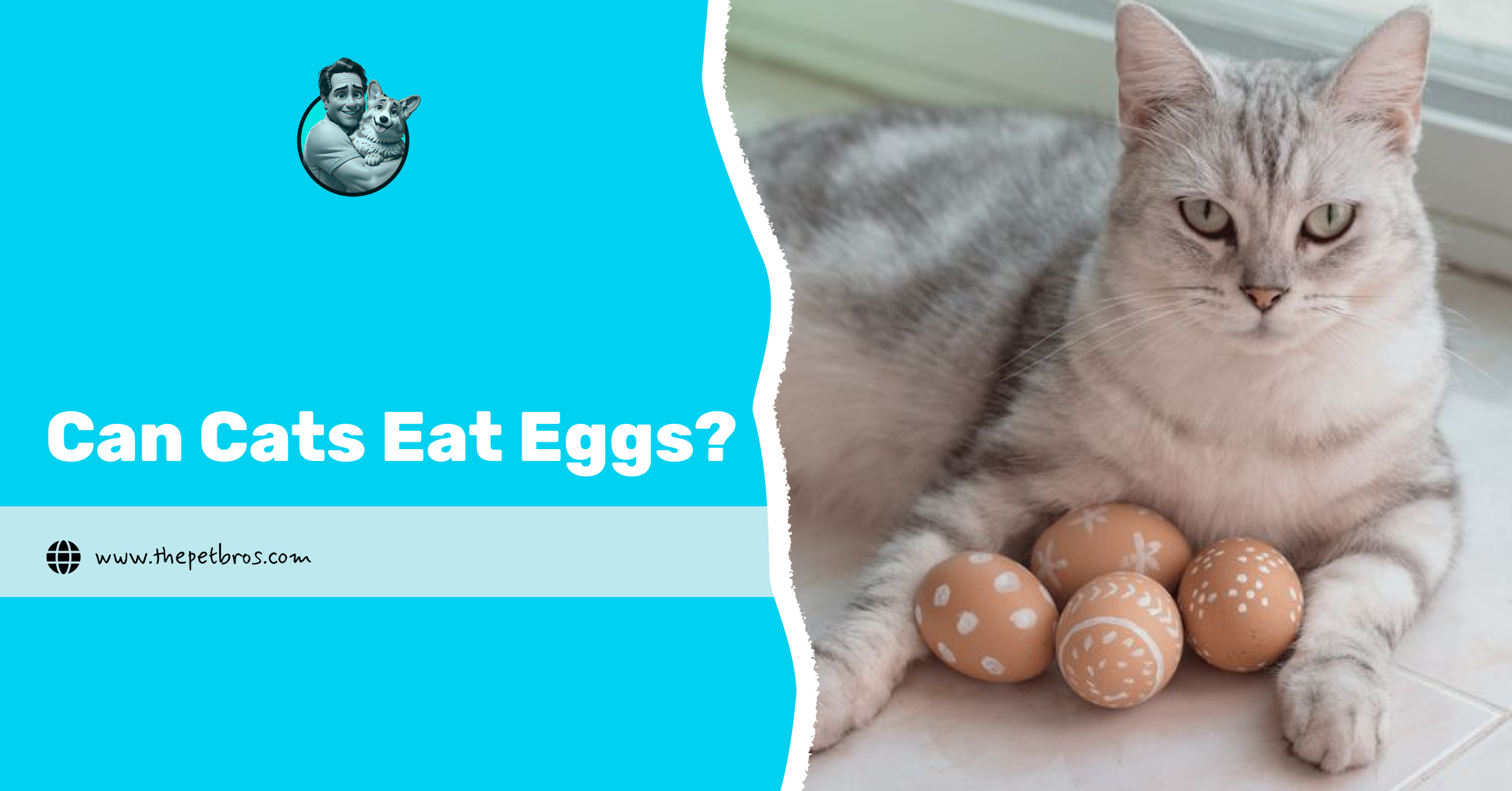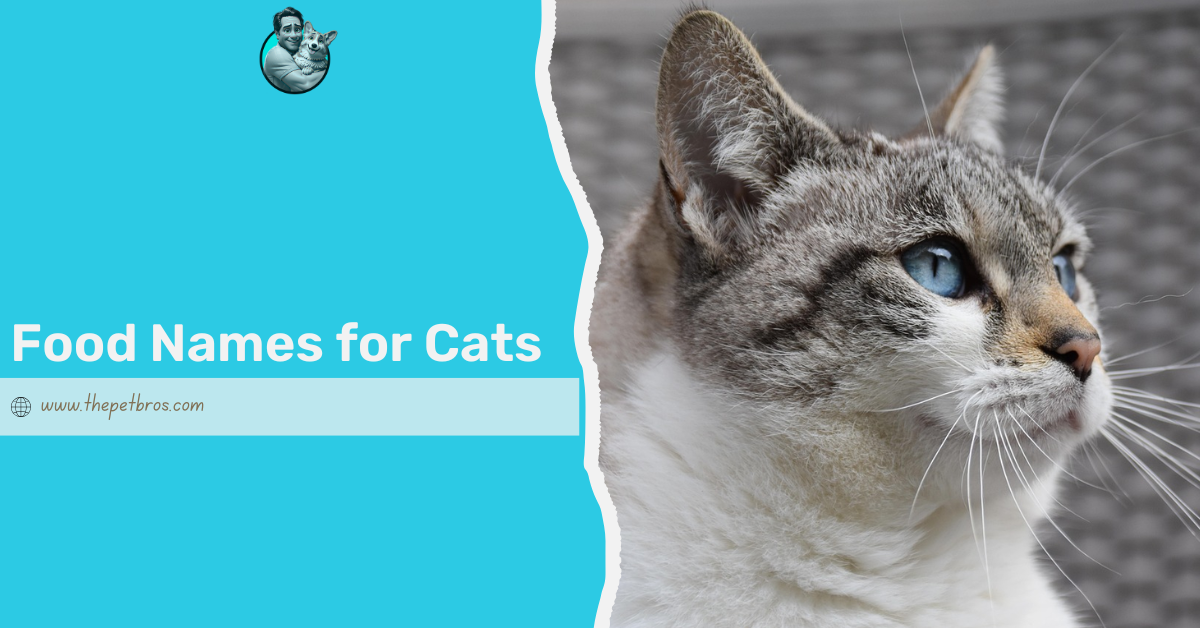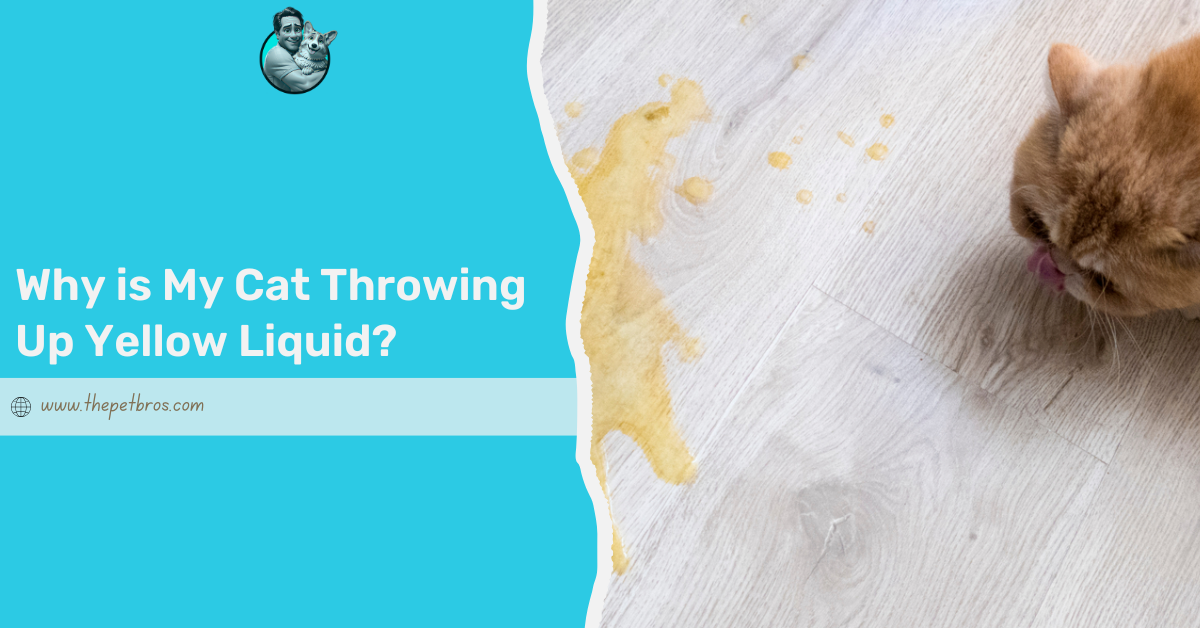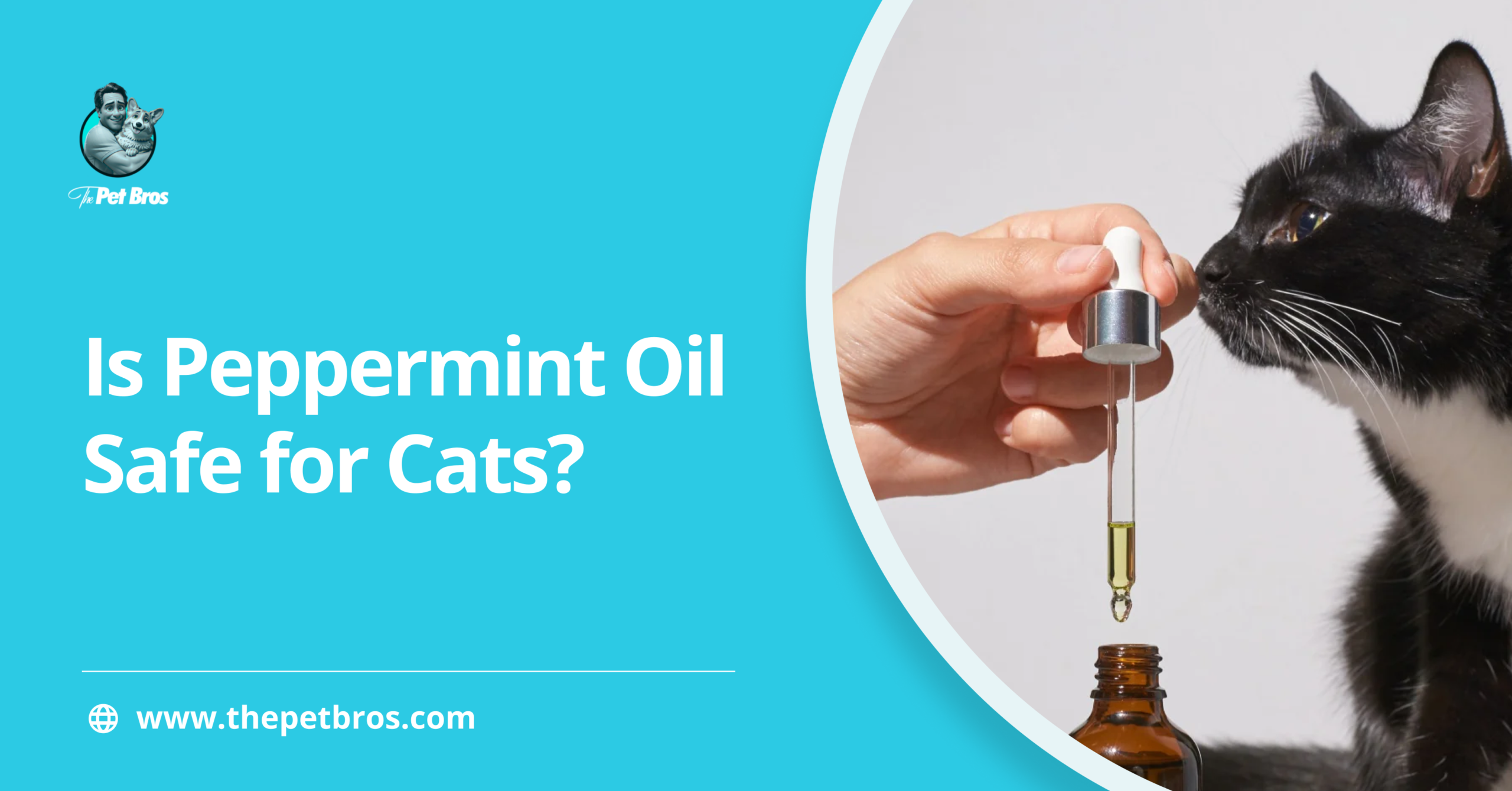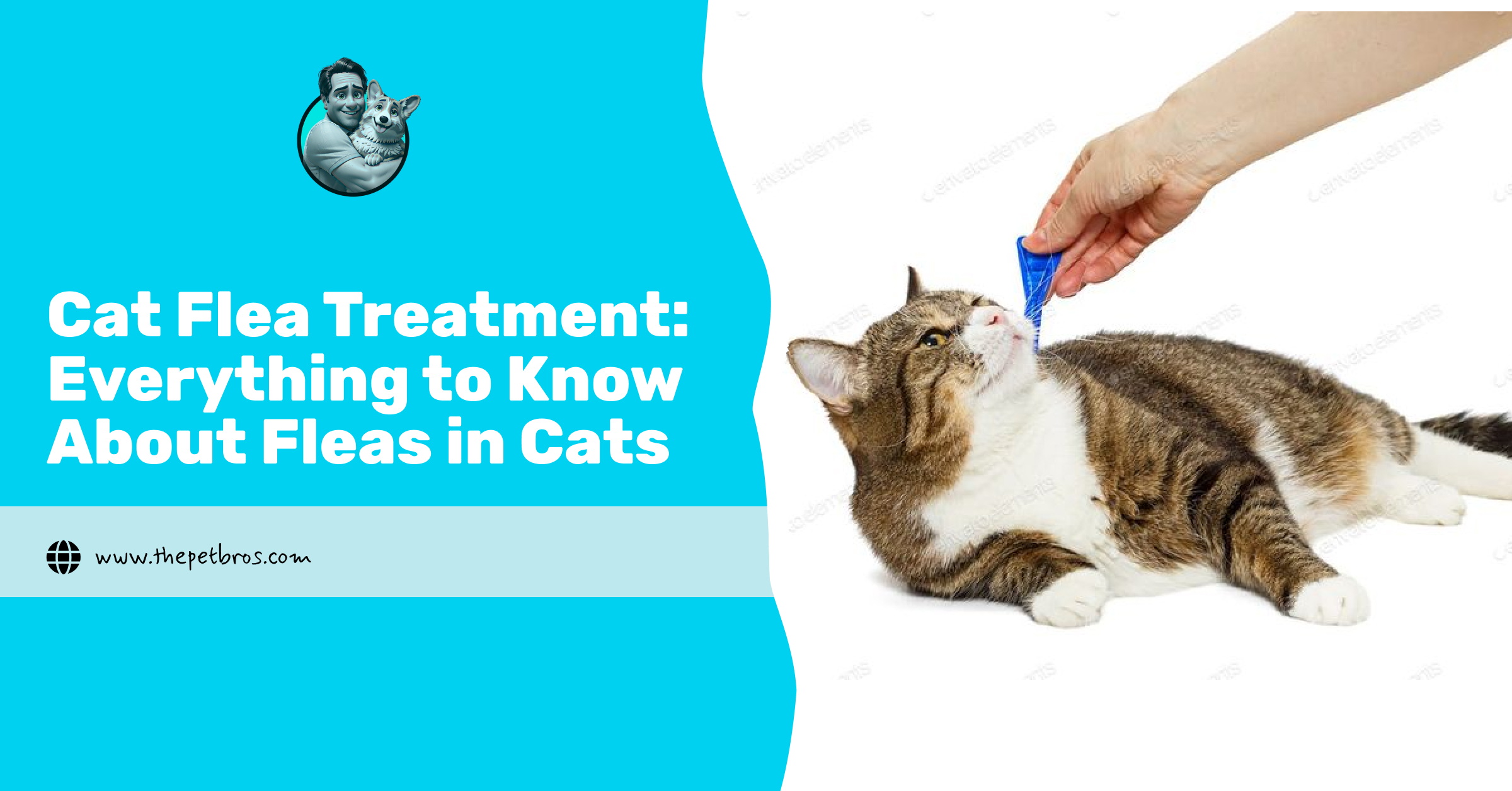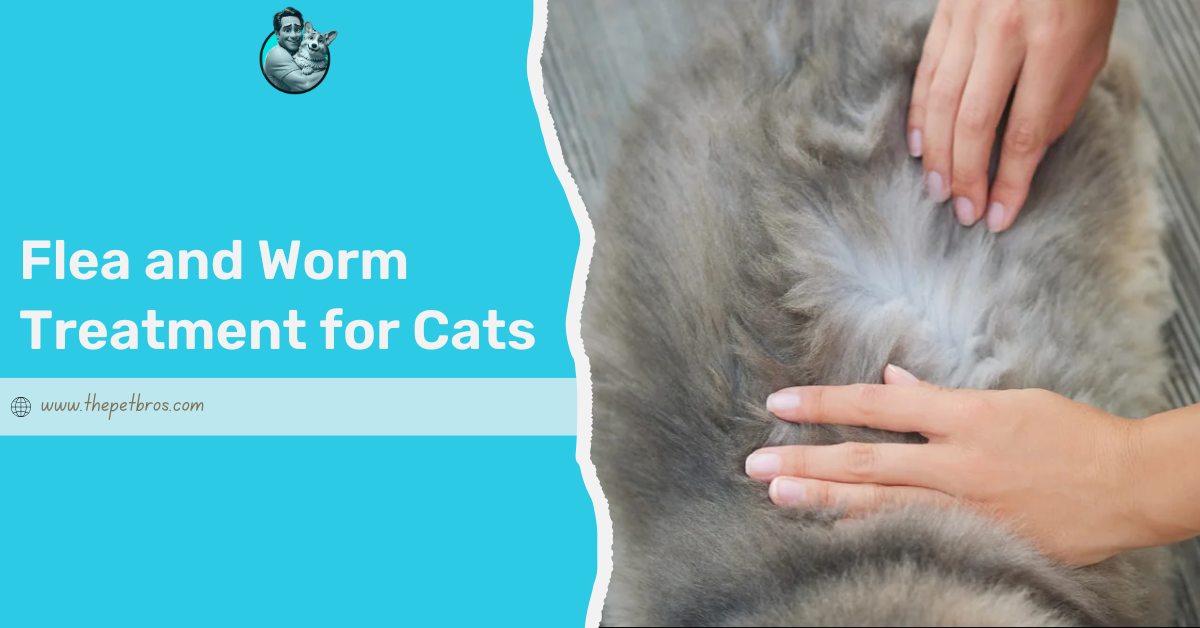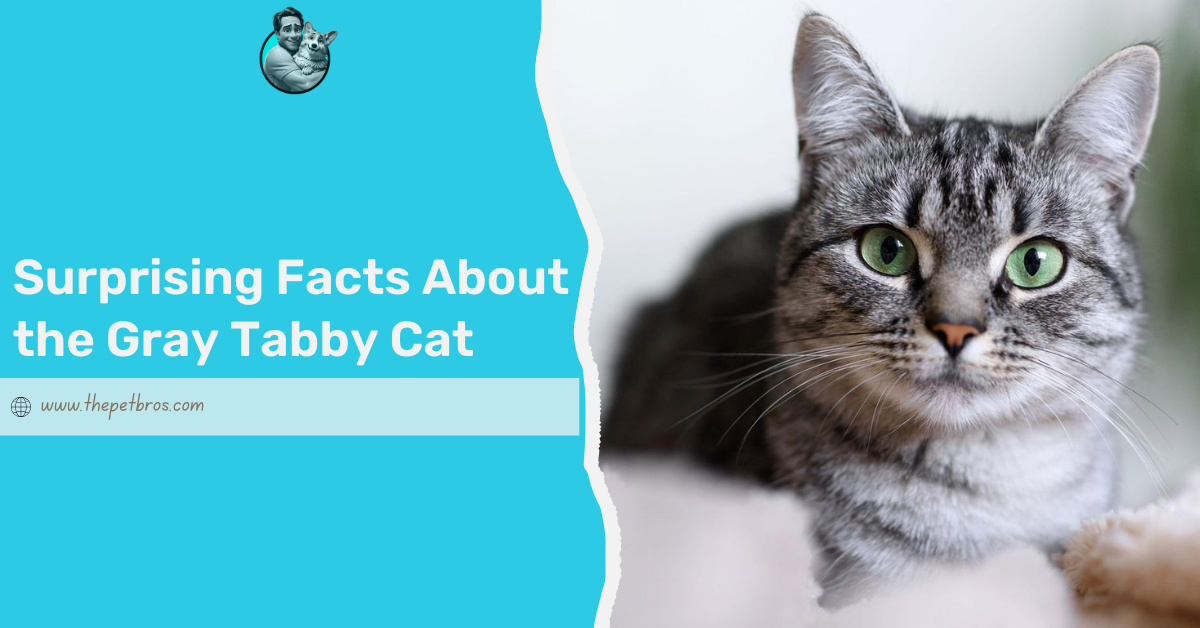Cats are naturally curious about what we eat, and it’s not unusual for them to stare at your breakfast plate with those hopeful eyes. But can cats eat eggs safely? Well, yes, cats can eat eggs, but only when they’re cooked, plain, and offered in moderation.
Eggs are packed with protein, amino acids, and healthy fats that complement a cat’s carnivorous diet. However, how you serve them makes all the difference. If not done properly, eggs can expose your feline to bacteria like Salmonella or E. coli, which can cause serious illness.
So, before you share your scrambled eggs or hard-boiled snack, no matter how much your cat tries to get your attention and compel you to feed them eggs, it’s worth knowing what’s safe, what’s not, and how much is just enough. This article breaks down everything you need to know about whether cats can eat eggs or not.
Are Eggs Good for Cats?
Yes, eggs can be good for cats when served safely. They’re packed with protein, amino acids, and healthy fats that help keep your cat’s muscles strong and their coat shiny. Think of them as one of those rare human foods cats can eat without trouble as long as they’re cooked and served plain.
A little goes a long way, though. Too much egg can mean too many calories, and no one wants a sluggish, overfed kitty. Keep it as an occasional treat, not an everyday meal.
Can Cats Eat Eggs When They Are Raw?
No, cats shouldn’t eat raw eggs. Raw eggs can carry Salmonella or E. coli, which may cause tummy upsets or worse. They also contain avidin, a protein that blocks biotin absorption and can dull your cat’s coat over time. So it’s best to serve eggs cooked and plain, no seasoning, no fuss.
And just like with other foods cats should avoid, such as garlic, onions, or chocolate, raw eggs are firmly on the “no” list.
How to Feed Eggs to Your Cat
Feeding your cat eggs is simple; just keep them plain and cooked. Boil or scramble the egg without salt, milk, or butter, then let it cool before serving. A tablespoon of cooked egg white is plenty for an adult cat.
Introduce it slowly and watch for any tummy upsets. If you’re making breakfast, remember: cats shouldn’t share everything on your plate.
Can Cats Eat Egg Yolks?
Egg yolks can be a little treat, but only in tiny amounts. They’re packed with vitamins and healthy fats but are also high in cholesterol, which can quickly pile on extra calories. Too much can lead to weight gain or even tummy troubles.
If you do share a bit, make sure it’s cooked and unseasoned. Just like with other foods cats should avoid, skip anything fried, buttery, or salty. A small lick of yolk once in a while is plenty. To be on the safer side, here are a few homemade cat food recipes you may want to consider.
Can Cats Eat Eggs Every Day?
No, cats shouldn’t eat eggs every day. While they’re full of good stuff like protein and vitamins, daily servings can add too much fat and throw off your cat’s balanced diet. Think of eggs as a treat, not a main course. Feeding them once or twice a week is more than enough to give your cat a tasty boost.
Are Eggs Good for Kittens?
Yes, eggs can be suitable for kittens in small, cooked portions. They’re rich in protein, which helps support growth and development. But because kittens have sensitive stomachs, start with a tiny bite and always check with your vet first.
Can Cats Eat Eggs Mixed with Cat Food?
Yes, cats can eat eggs mixed with their food as long as the eggs are cooked and unseasoned. Stirring a small spoonful of scrambled or boiled egg into their regular meal can add a nice protein boost.
Skip extras like cheese or milk, which can upset their stomach. A little mix-in can make dinner feel like a special treat without breaking any dietary rules.
Conclusion
So, can cats eat eggs? Yes, when cooked, plain, and given in moderation. Eggs are a safe, protein-rich treat that can keep your cat happy and healthy. Just skip the raw ones and stick to small portions for a purr-fectly content kitty.
Can Cats Eat Eggs FAQs
Are scrambled eggs good for cats’ upset stomachs?
Plain scrambled eggs may help soothe mild stomach upset, but consult your vet first.
Can I give my cat an egg every day?
No, eggs should only be offered once or twice a week to prevent excess fat or calories.
Is it ok to mix eggs with cat food?
Yes, if they’re cooked and unseasoned, they can boost protein in your cat’s regular diet.
Can cats have cheese?
Most cats are lactose intolerant, so it’s best to avoid cheese or only give a tiny amount rarely.






